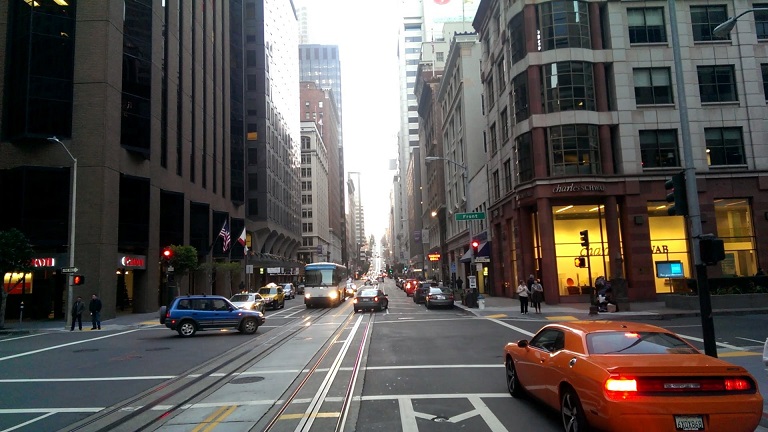The California Air Resources Board (CARB) and significant automakers on Monday confirmed they had finalized binding agreements to slash vehicle emissions in the state, defying the Trump administration’s push for weaker curbs on tailpipe pollution.
The agreements with automakers, including Ford Motor, Volkswagen AG, Honda Motor, and BMW AG, were first announced in July 2019 as voluntary measures, prompting criticism from U.S. President Donald Trump.
A month later, the Justice Department started an antitrust probe of the agreements, which ended up with no action.
The administration in March finalized a rollback of U.S. vehicle emissions standards to need 1.5% annual boosts in efficiency through 2026, well below the 5% annual boosts in discarded rules under President Barack Obama.
The Center for Biological Diversity estimates the deal will enhance fuel economy 3.7% year over year between 2022-2026.
Volvo Cars, owned by Geely Holdings, also finalized its agreement on Monday.
CARB said the deal will slash vehicle greenhouse gas emissions through 2026 and encourage innovation to speed up the transition to electric vehicles, provide industry the certainty required to make investments and create jobs, and save consumers money.
The White House has not commented yet.
The 13 states that follow California’s standards, which account for 40% of the U.S. auto market, have stated they support the agreements.
In May, a group of 23 U.S. states led by California and some major cities took stand against the Trump vehicle emissions rule.
Other major automakers such as General Motors, Fiat Chrysler Automobiles, and Toyota Motor did not join the California agreement.
Those automakers also sided with the administration in a different lawsuit which concerned whether the federal government can strip California of the right to set zero-emission automobile requirements.
Ford said the deal will support and encourage the production of electrified products, and create regulatory certainty.
Honda said the agreement will enable it to sell a single nationwide fleet… that achieves enough annual emissions improvements.

